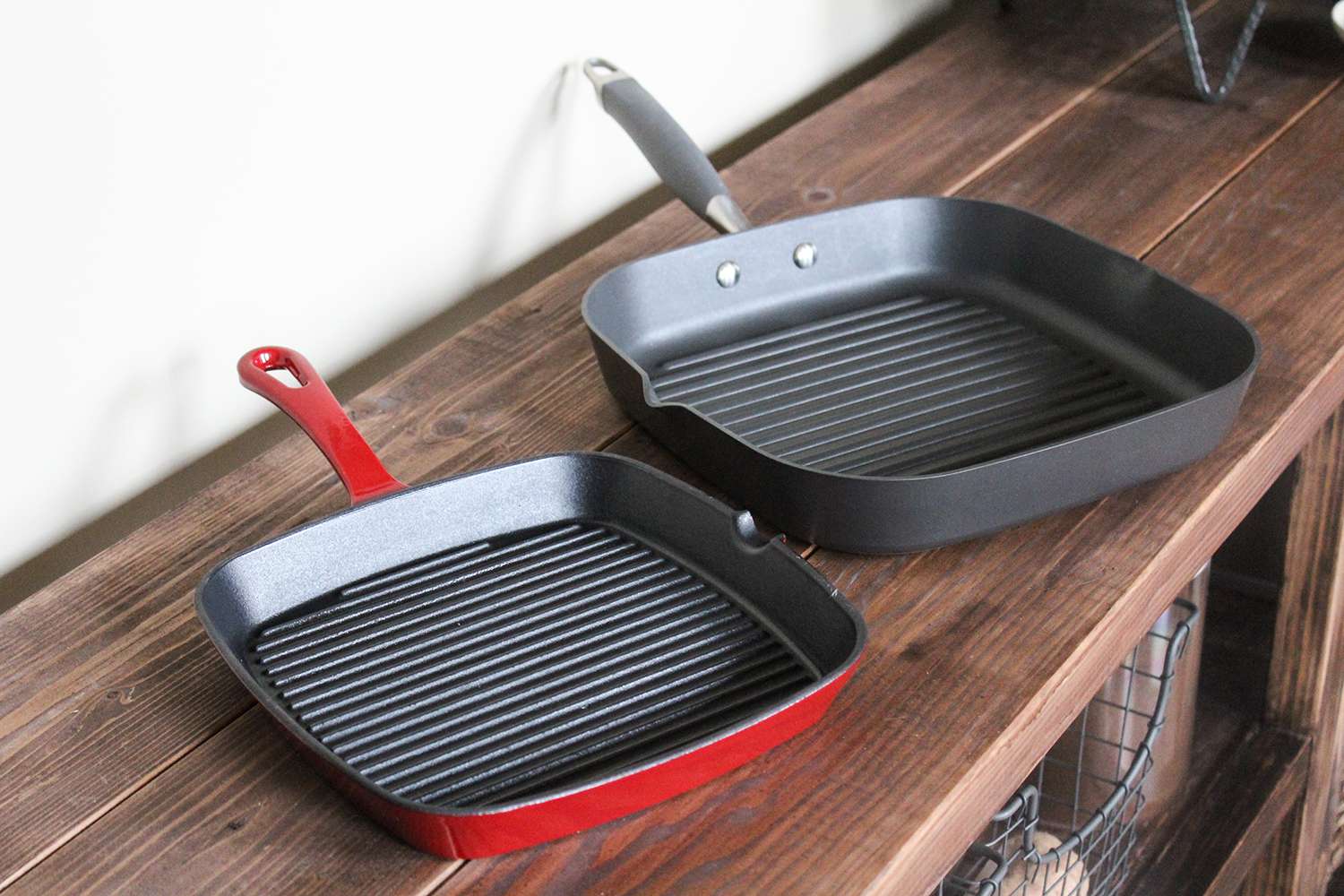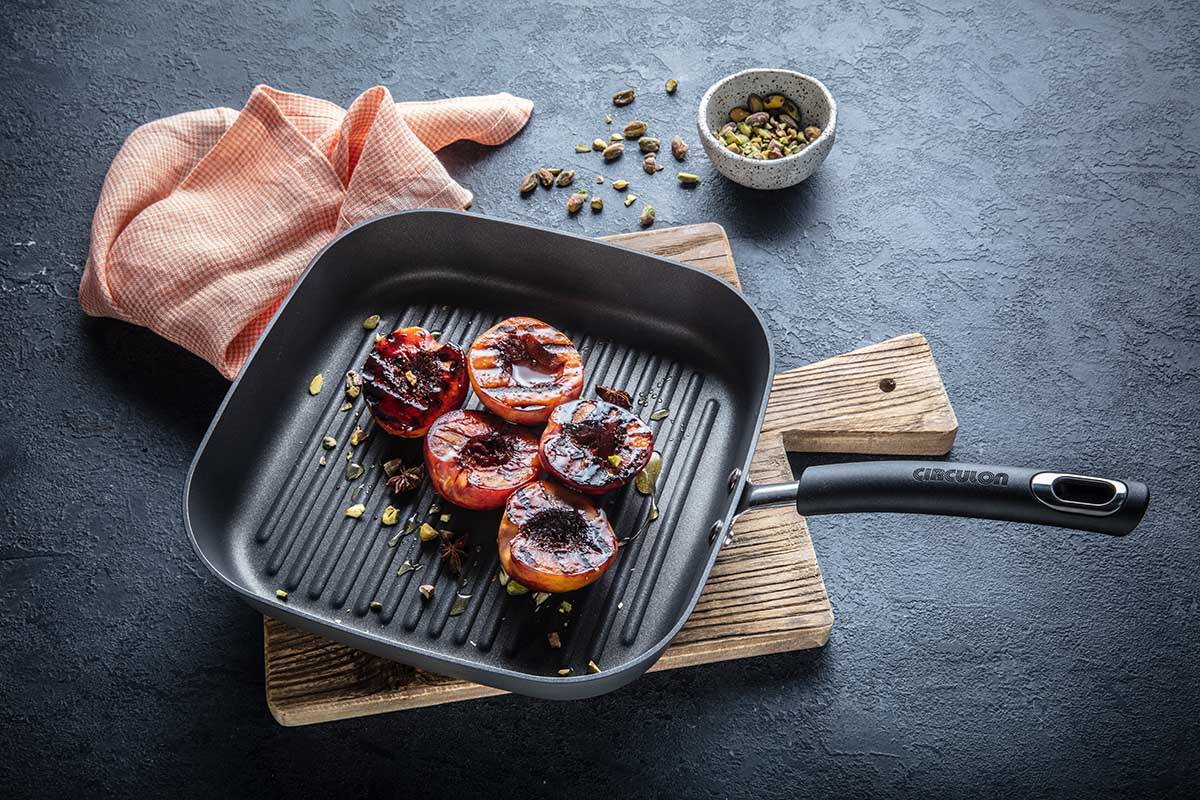If you are a passionate chef or just someone who enjoys cooking, knowing how to fix cast iron skillet correctly is essential for maintaining this versatile kitchen tool. Once you experience the benefits of a well-maintained cast iron skillet, you will understand why it is cherished for its remarkable heat retention and even cooking. However, over time, your skillet may require some love and care, leading us to explore the art of fixing and maintaining these incredible kitchen allies.
This article is your unmissable guide to the life-changing techniques required to keep your cast iron skillet in pristine condition. You will discover methods that will not only enhance its longevity but also truly transform your cooking experience. Lets dive into these exclusive tips that kitchen professionals swear by!

Understanding the Importance of Cast Iron Care
A cast iron skillet is more than just a cooking utensil; its an investment in both your kitchens utility and your culinary journey. Learning how to fix cast iron skillet issues can prolong its life and improve its performance. This section will explore the vital reasons why proper care is crucial.
Why Cast Iron Skillets Are Essential
Cast iron skillets are renowned for their durability and excellent heat conductivity. They provide:
- **Versatile Cooking**: From frying to baking, these skillets can do it all.
- **Natural Non-Stick Surface**: With appropriate seasoning, cast iron surfaces offer a naturally non-stick experience.
- **Health Benefits**: Cooking with cast iron can fortify food with essential iron.
Common Issues with Cast Iron Skillets
To truly master how to fix cast iron skillet, understanding the common problems it faces is fundamental. Here are a few issues:
Rust Formation
Over time, moisture and improper care can lead to rust. A rusty skillet isnt just unsightly; it can affect your foods flavor.
Flaking Seasoning
Another common issue is flaking or peeling of the seasoning layer. This often occurs due to using metal tools or abrasive cleaners.
Sticking Food
A well-seasoned skillet should prevent food from sticking. If you find that food sticks, its an indication that your skillet needs immediate attention.
How to Fix Cast Iron Skillet Issues
Now that weve addressed some common problems, lets unravel the terrific techniques to fix them.
Removing Rust
If you're faced with rust, heres how to tackle it effectively:
- Scrub the Rust: Use a steel wool scrubber to remove rust. Apply force but ensure you do not damage the skillet's surface.
- Wash with Soap: Contrary to popular belief, it is sometimes necessary to use soap at this stage. Thoroughly wash your skillet to remove any debris.
- Dry Immediately: To prevent future rust, dry the skillet immediately after washing.
- Re-Season: Once dry, apply a thin layer of oil and place it in an oven at 350F for about an hour to re-season.
Repairing Flaked Seasoning
Next, if you encounter flaking seasoning, follow these steps:
- Scrape Off Flakes: Gently scrape off any loose pieces.
- Wash and Dry: Clean your skillet, ensuring all debris is removed, then dry thoroughly.
- Apply a New Coat of Oil: Use a high smoke-point oil.
- Heat for Seasoning: Heat the skillet upside down in the oven to form a new layer of seasoning.
Addressing Sticking Issues
To combat sticking, check for the following:
- Ensure Proper Seasoning: A well-seasoned cast iron skillet will prevent sticking. If you find food sticking, seasoning likely needs attention.
- Preheat the Skillet: Always preheat your skillet before cooking. This helps in achieving that non-stick surface.
- Fat is Key: Use enough cooking fat to keep food from sticking.
Essential Tips for Long-Lasting Care of Your Cast Iron Skillet
Beyond fixing issues, its vital to maintain and care for your skillet consistently. Here are some terrific tips:
- Never Soak Your Skillet: Always wash and dry your skillet immediately.
- Use Correct Tools: When cooking, avoid metal utensils that might scratch the seasoning.
- Store with Care: Place a paper towel between your skillet and the lid to prevent moisture buildup.
Periodically Seasoning Your Cast Iron Skillet
One of the big elements in ensuring the long-lasting life of your skillet is periodic seasoning. A good rule of thumb is to season your skillet every few months, depending on how frequently you use it. Ensure that the skillet is clean and dry before applying oil and heating it.
How to Properly Season Your Skillet
- Preheat the oven to 350F.
- Apply a thin layer of vegetable oil or shortening to the interior of the skillet.
- Place the skillet upside down in the oven for about an hour, using a baking sheet to catch drips.
- Turn off the oven and let the skillet cool in the oven.
Frequently Asked Questions About Cast Iron Skillets
What is the best way to clean my cast iron skillet?
The best way to clean your cast iron skillet is to use warm water and a gentle scrub. Avoid soap unless necessary. For stubborn leftovers, use a coarse salt scrub.
How often should I season my cast iron skillet?
You should season your skillet every few months, based on usage. High-frequency use may require more frequent seasoning.
Can I use soap on my cast iron skillet?
Its not recommended to use soap regularly. However, in cases of excessive build-up or rust, a small amount of mild soap is acceptable.

Conclusion
Mastering how to fix cast iron skillet issues and providing excellent care will ultimately transform your cooking experiences. This remarkably versatile kitchen tool can serve you for years with the right attention and technique. Remember, a well-cared-for skillet not only enhances your cooking but also creates countless delicious memories. For more in-depth guidance on maintaining cast iron, check out this resource on cleaning cast iron.
As an Amazon Associate, I earn from qualifying purchases.





Leave a comment
This site is protected by hCaptcha and the hCaptcha Privacy Policy and Terms of Service apply.